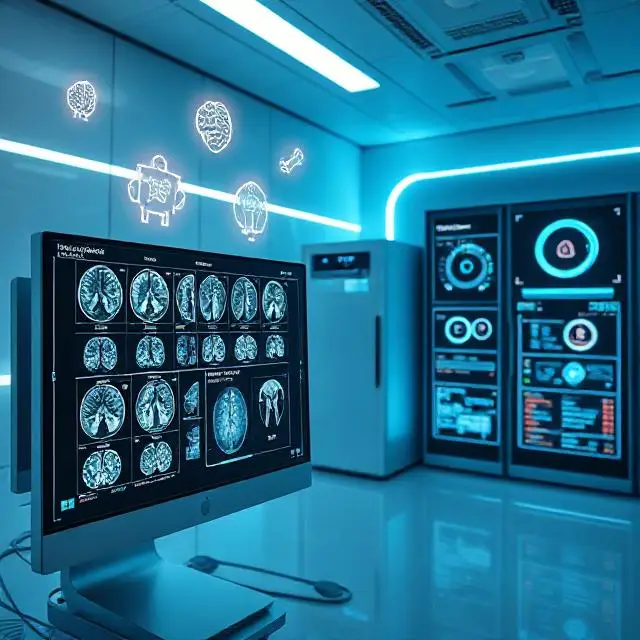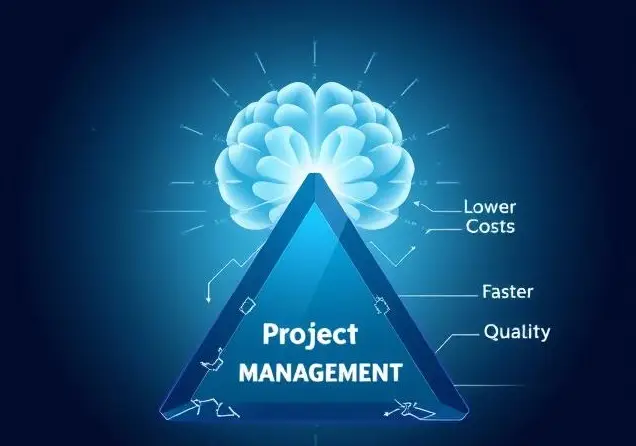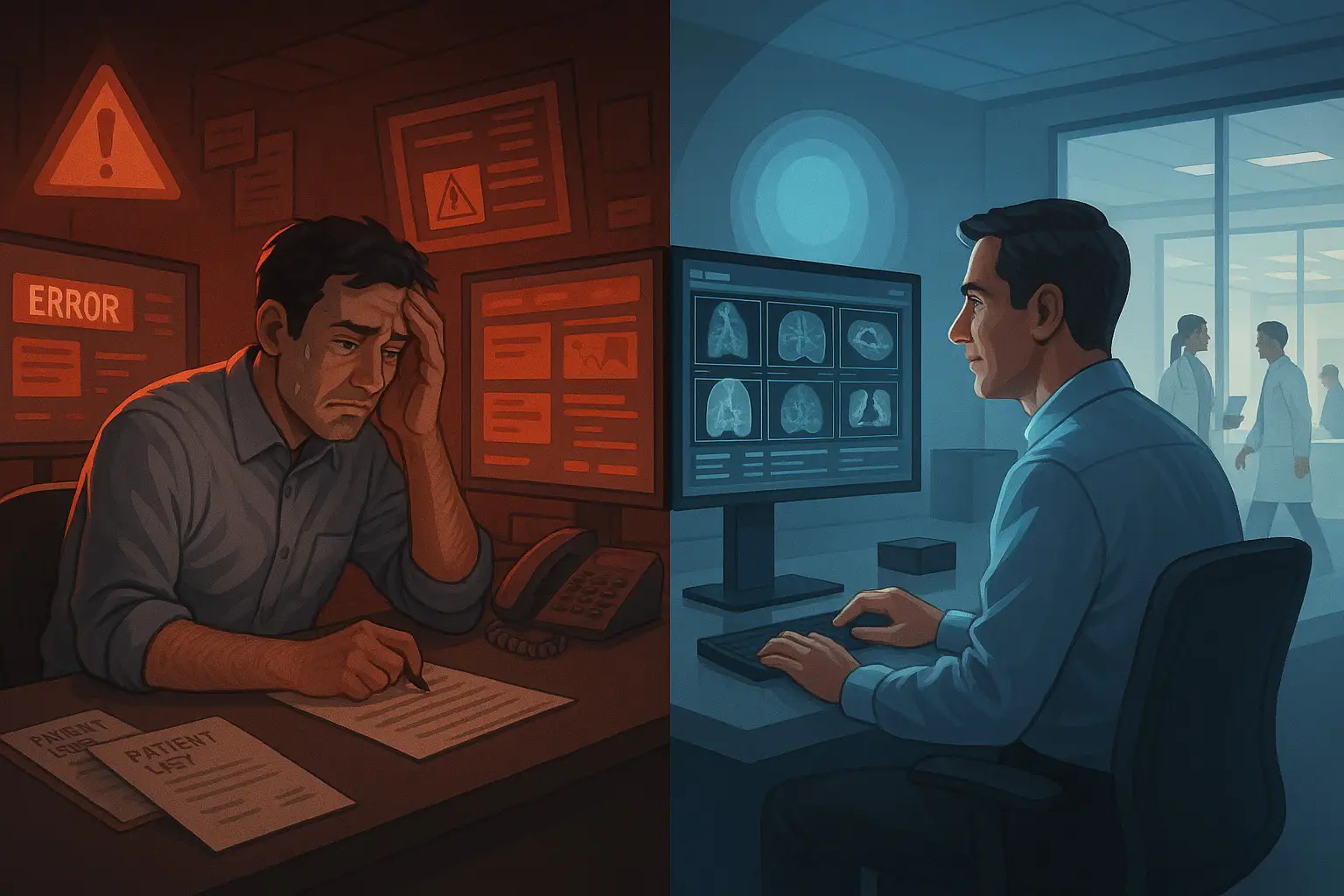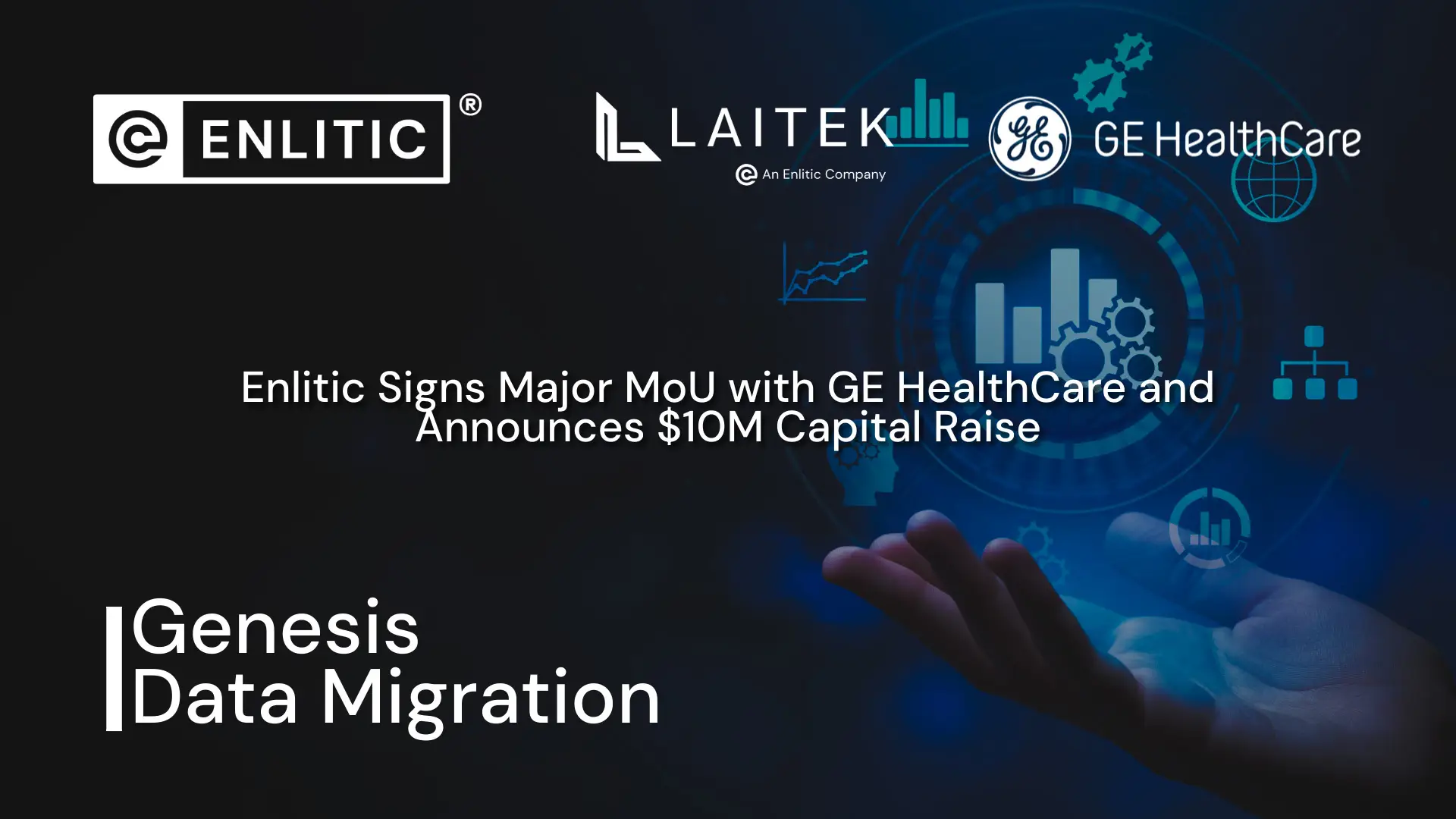Data monetization, from a radiology perspective, refers to the process of deriving value and generating revenue from the vast amount of data generated and collected within radiology practices or departments. Radiology produces a significant volume of imaging data, patient information, and clinical data, which can hold valuable insights for various stakeholders. Data monetization in radiology involves transforming this data into valuable assets and leveraging it to drive financial returns or other benefits.
Here are a few key aspects of data monetization in radiology:
- Data Analysis and Insights: Medical Imaging data can be analyzed using advanced analytics and artificial intelligence (AI) techniques to extract meaningful insights. These insights can be utilized for research, clinical decision support, quality improvement initiatives, and population health management. By leveraging these insights, radiology practices can enhance patient care, optimize resource allocation, and potentially generate revenue through improved clinical outcomes and efficiency gains.
- Research and Development Partnerships: Radiology data holds immense research potential for the development of new diagnostic tools, treatment protocols, and medical innovations. Radiology practices can collaborate with academic institutions, pharmaceutical companies, and technology firms to monetize their data through research partnerships. These collaborations can involve data sharing, joint studies, licensing agreements, or sponsored research programs, which can bring financial support and potential revenue streams to the radiology department.
- Data Licensing and Sharing: Radiology practices can explore opportunities to license or share their data with other healthcare organizations, research institutions, or technology companies. Data can be anonymized and aggregated to protect patient privacy while still providing valuable insights. Data licensing agreements or collaborations can involve financial arrangements, royalties, or access to other datasets in return for the use of radiology data.
- Value-Added Services: Radiology practices can offer value-added services that leverage their data assets. This can include providing specialized analytics, consulting, or second opinion services based on the data insights they have gathered. Radiology departments can position themselves as trusted advisors, offering expert analysis and actionable recommendations to referring physicians, healthcare organizations, or industry stakeholders.
- Clinical Trials and Registry Participation: Radiology data can be valuable for clinical trials, outcome studies, and disease registries. Participating in clinical trials or contributing to registries can provide financial compensation or research funding opportunities. Additionally, participation in industry-sponsored trials or collaborations can lead to revenue generation through data contribution or patient recruitment.
- Image Repository Services: Radiology practices often accumulate a vast repository of medical images over time. These image archives can be transformed into valuable assets by offering image repository services. These services can involve providing access to historical patient images for research, educational institutions, or pharmaceutical companies. Licensing agreements can be established, allowing external parties to access and utilize these images for various purposes, including algorithm development, clinical studies, and drug trials.
- Machine Learning and AI Applications: Medical imaging data, particularly radiological images, are rich sources of information. Advances in machine learning and artificial intelligence have opened up new possibilities for image analysis. Radiology practices can monetize their image data by developing and selling AI-based diagnostic tools or predictive models. These AI solutions can aid radiologists in interpreting images, streamline workflows, and enhance diagnostic accuracy, thereby providing a revenue stream through product sales or licensing agreements.
- Clinical Decision Support Systems: Radiological images can be integrated into clinical decision support systems (CDSS) that aid healthcare providers in making informed decisions. Radiology practices can monetize their data by developing or collaborating on CDSS that incorporate their extensive image dataset. This can include predictive algorithms, image recognition software, or comprehensive platforms that offer real-time guidance to physicians, leading to improved patient outcomes and revenue from licensing or subscription-based models.
Incorporating these strategies can help radiology practices maximize the value of their medical image data. However, it is crucial for radiology practices to prioritize data privacy, security, and compliance when considering data monetization strategies. Adhering to relevant regulations and ethical considerations is essential to protect patient confidentiality and maintain trust among stakeholders. Radiology practices should also ensure appropriate data governance frameworks, data management protocols, and data-sharing agreements are in place to safeguard the integrity and privacy of the data being monetized.
Learn more at Enlitic.com/book-a-demo








